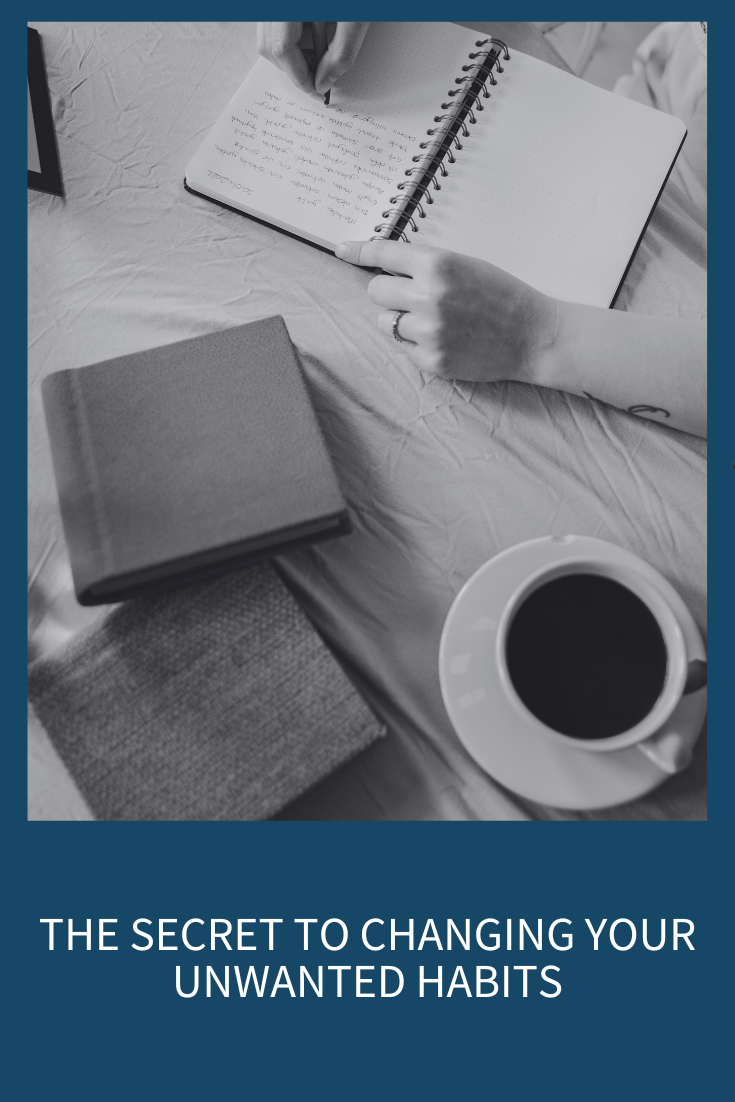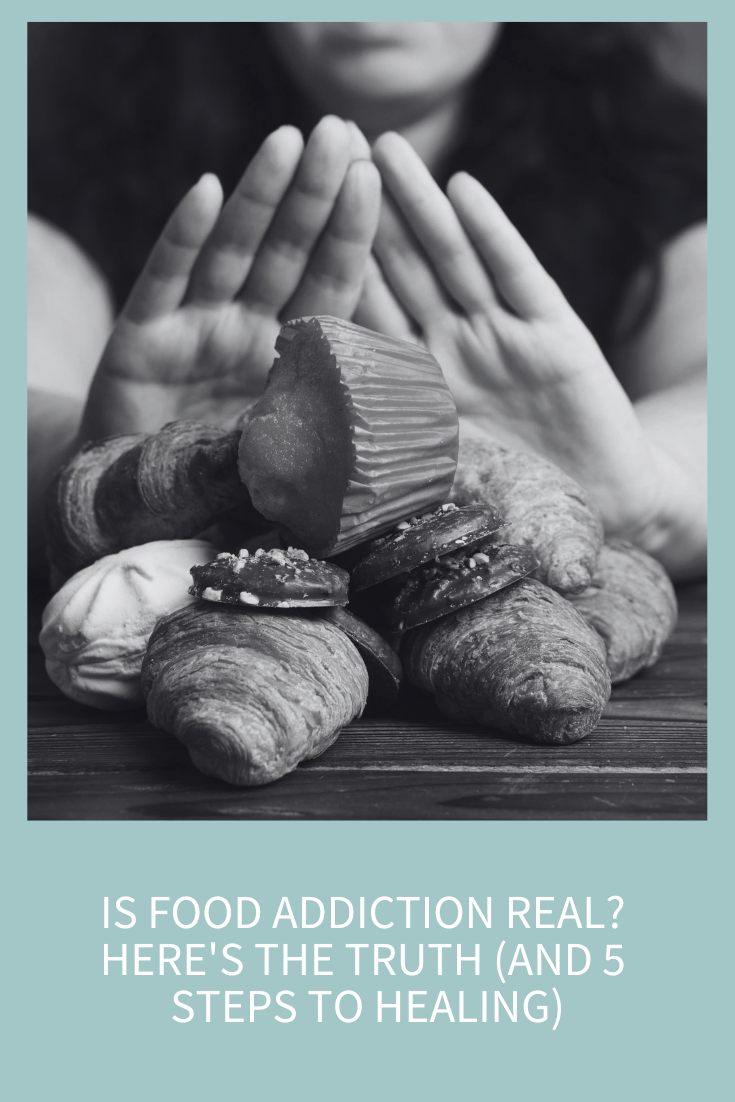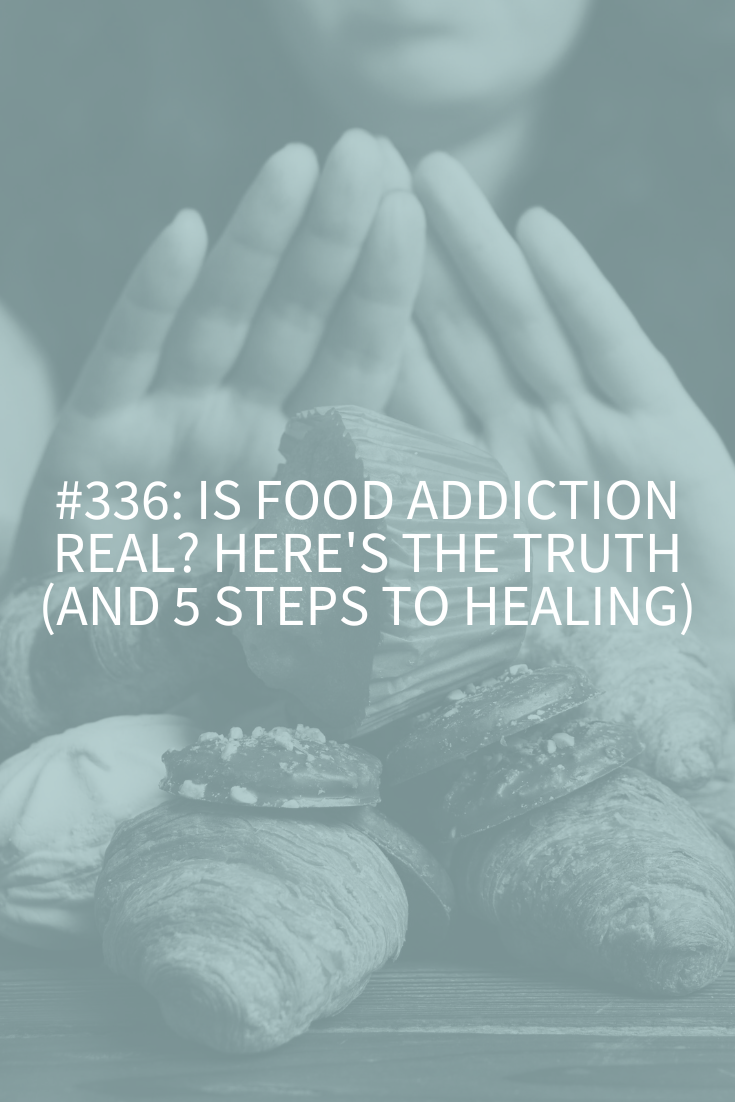
Creating a great relationship with yourself or others is all about creating healthy habits: getting into the habit of identifying and regulating your own feelings, getting into the habit of being mindful in conversations, or getting into the habit of resisting urges that sabotage you getting to your goals (yes, put down your phone and the Oreos). Creating a great relationship with yourself or others is also about breaking bad habits such as judging, criticizing or thinking your well-being is hinged on other people acting a certain way. The research is clear on what it takes to make healthy habits and let go of destructive ones, but there’s a not-so-secret secret to doing it right. Yup. There’s one big mistake most people make when they’re trying to change a habit and it’s why they fail. So, whether you’re here to change a relationship, your eating, or some other part of your life that’s not working, today you’ll learn the secret to making new habits that stick.
10-minute read
How Long Does It Really Take to Change a Habit?
There’s been so much written and said about how long it takes to change a habit. I’ve heard everything from 13 days to six months. Why all the confusion? It’s because some “fact” gets stated in a blog or IG reel, and everyone jumps on it without really checking if it’s true or not.
The good news is that there really has been research in this area, and we really do know how long it takes to change a habit. Some of the best research comes from Phillippa Lally at University College London. She and her research team found that it takes, on average, 66 days to make a new habit. Since this is an average, I tell people to give themselves three months to change a habit.
So Let’s Talk About What a Habit Is
Your brain is always looking for the easiest ways of doing things so it can conserve energy. Basically, this efficiency is what you call a habit. Research shows that as many as 40% of our daily actions are based on habits, not conscious decisions.
In his book, The Power of Habits, author Charles Duhigg describes habits as a three-part sequence:
- The External cue: something that happens in your environment (you walk in your house after a long day at work)
- A Routine: this is what you usually do when this particular cue presents itself (you go right to the kitchen and root around for something unhealthy to snack on or pour yourself a martini)
- A Reward: a feeling of success or getting something you need (whew – now I can really relax)
It’s hard to kick a habit because they’re super resilient. They’re stored in the basal ganglia, a part of our brain for learning and maintaining habits. Even if your brain is injured or not functioning normally, this part of your brain still works! Habits were created to help us survive. You’re here right now because your ancestors were excellent at maintaining habits.
Kicking a habit is hard because you develop a craving for the reward at the end of that habit loop. The craving is what makes the habit stick! Once you become used to a cue-routine-reward habit, your brain anticipates the reward even before you get it. If you deny the reward, you probably get frustrated and grumpy. Sound familiar?
When I say “craving” here, I’m not just talking about food, sex or drugs. Craving is an intense, urgent, or powerful feeling for doing, saying, or having something. So, if your partner forgets to pick up after themselves or asks you for the fifth time to take out the garbage, you might find yourself having an immediate, urgent desire to lash out or to make them feel as bad as you feel about something. This is really a habit loop. It’s something that’s been reinforced over time.
I don’t think if your partner had asked you on your second date to turn off the lights on the way out of the house, you would have shouted, “I’ve got it! You don’t need to remind me about everything!” No, you wouldn’t have thought much of it. It’s the repetition that creates the issue (your partner asking this every day for the last four years), as with most things we “crave.”
So, changing relationship habits is like changing other habits.
There are two crucial keys to changing habits:
- You need to substitute the routine for something else. You respond to the craving, but you substitute something healthy. So, you’re not resisting the craving; you’re just redirecting it. The cues and rewards stay the same.
- You need to believe in the change. You’ve got to believe in the possibility of change for yourself; this makes you stronger when stressful stuff comes up. This is also why making small changes (and being successful at them) helps us make larger changes later.
The mistake most people make is that they try to change the cue or the reward instead of the routine.
Struggle with willpower and self-discipline? Find out the secret to why you’ve failed before and my top five research-backed tips to have you back in control of your life.
Real Life Example:
Here’s an example from a couple I worked with: Morning times are super tense in the Smith household. They’ve got two kids, aged 12 and 14, and getting everyone to work and school each morning has created a lot of tension, which often included fighting, nagging or yelling. By the time both adults got to work, they were already feeling frustrated and annoyed. They kept trying to bribe the kids to get up on their own with promises of increased allowance or threatening to punish them. The couple were both sleeping as late as possible, as so many of my clients do in the morning, so they could get in needed sleep before dealing with their day.
The issue was them trying to do something different with the reward (trying to bribe the kids or threatening to take away something). The kids weren’t biting. Once I taught them this system, they decided to look at their routine. Now, there were many ways they could have addressed their routine. We tried a few things and what ultimately worked was both parents waking up just 15 minutes earlier. This gave them time to get themselves together completely before waking their boys. They also started waking the boys five minutes earlier than needed.
Then, each parent took a kid and just sat on the bed with them for a few minutes, rubbing their back a little (teens are way more amenable to some snuggling and touching when they’re tired) and just gently being there. No yelling threats from the kitchen to get out of bed, no bribes offered. They just sat with them and cajoled them until they actually got out of bed. By the way, they also changed some of their routines at night so that the mornings could be easier (such as checking that backpacks were totally ready to go, and any athletic gear or other needs was found at night instead of a mad dash in the morning).
They saw such improvement that they eventually moved their wake-up time to 30 minutes earlier and sometimes even had sex in the morning (now there’s a way to start the day in a good mood)! They also noticed that the boys were in much better moods in the morning, almost immediately, as all the tension and crazy rushing was gone.
This is not to say that mornings were perfect and there were never last-minute homework assignments forgotten or cleats left at home. But, overall, the mornings became completely different experiences, and the rewards actually became better.
Right now, think of a new habit you’d like to create. Maybe it’s one you’ve failed at being consistent with previously. Now download The Changing Habits Quicksheet and get on track to creating a new, healthy habit!
This brings me to one last area I want to discuss as you create new healthy habits: action triggers.
Action Triggers
Dr. Peter Gollwitzer of NYU is a pioneer in action triggers. Basically, action triggers can be broken down into “If this… Then that….” So, you would say to yourself, “Today, after I finish my 11:00 meeting, I’m going to go to the gym.” Gollwitzer says, “You’ve made the decision to execute a certain action (working out) when you encounter a certain situational trigger (completing your 11:00 meeting). By preloading the decision, we conserve our allotment of willpower or self-control.” Action triggers help protect goals and new habits from distractions and competing (aka bad) behaviors.
The key is that your action triggers need to be specific enough and visible enough to interrupt your normal thinking. You can see how truly powerful action triggers are when you look at all the unhealthy habits you’ve created with action triggers. I remember when I quit smoking, I also had to quit drinking coffee because the two just went together in my head.
You’ve probably got your own: maybe you only smoke cigarettes when you drink or go straight to the refrigerator whenever you walk in the house after work. Action triggers basically create instant habits, which turn into behavioral autopilot, for better or for worse.
Action triggers can be incredibly successful in helping you reach your goals, especially when you’re trying to tackle a really hard one. Gollwitzer’s research shows that with easy goals, using action triggers only slightly increased success, from 78 to 84 percent. But with difficult goals, action triggers almost tripled the chance of success, with goal completion jumping from 22 to 62 percent!
Even better than that, a meta-study analyzing over 8000 individuals across 85 studies found that those who set action triggers did better than 74% of people on the same task who didn’t set one.
Start to think about what action triggers you can put into your relationship with yourself or someone else for positive results. What two things could you consciously and consistently put together to achieve a stated goal? My personal favorite if you’re trying to change how you interact with your partner or kids is to set an intention before I walk in my home for how I want to be when I greet everyone. The trigger can be turning off your car or when you walk up your front steps. Right then, you’d set a healthy intention and then walk in the door.
Here are some examples from my clients:
- I set intention before I get out of my car to walk into my job.
- After dropping off the kids at school, I go right to the gym.
- When I walk into the house, I go straight to my partner and greet them before I do anything else.
- When I’m brushing my teeth, I look in the mirror and tell myself all the things I appreciate about myself/my life/a particular relationship.
- When my alarm goes off, I get up, put my feet on the floor and set intention for the day before I get out of bed.
- I drive to work, sit in my car, and meditate for five minutes before going into work.
- Anytime I eat anything, I pray first.
- My wife and I have “happy half-hour” every weekday from 5:30-6:00. We sit on our balcony and have a drink together or some special snack and just hang out and bond for a little while. The kids know it’s sacred and don’t bother us.
The bottom line is this: you’re absolutely going to form relationship habits; the key is to create them intentionally, so you can build a connected and happy relationship with yourself and everyone around you.
Research and Resources for The Secret to Changing Your Unwanted Habits
Abby’s Changing Habits Quicksheet
Five Research-Backed Ways to Have More Self-Discipline and Self-Control
Tiny Habits: How Small Changes Get Big Results: An Interview with BJ Fogg
Set Intention in Just 18-Seconds with Dr. Abby Medcalf
UCL News, How long does it take to form a habit?
The Power of Habit: Why We Do What We Do in Life and Business by Charles Duhigg






